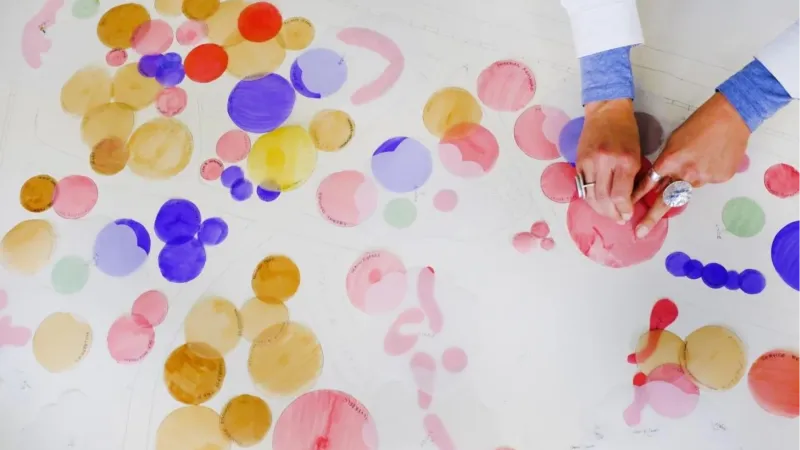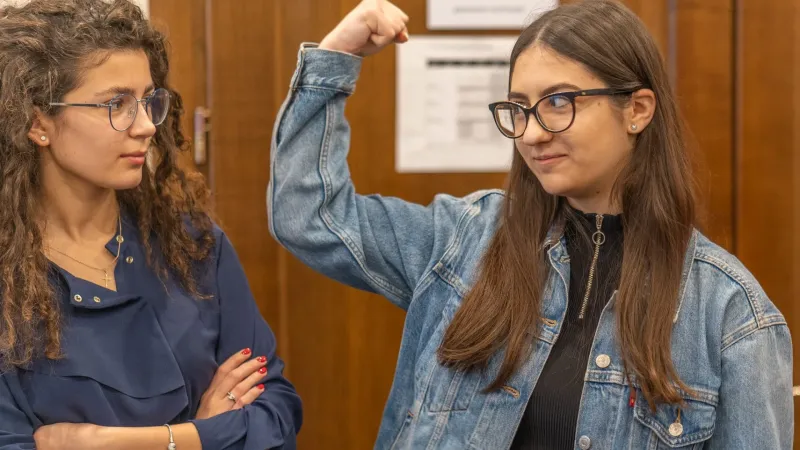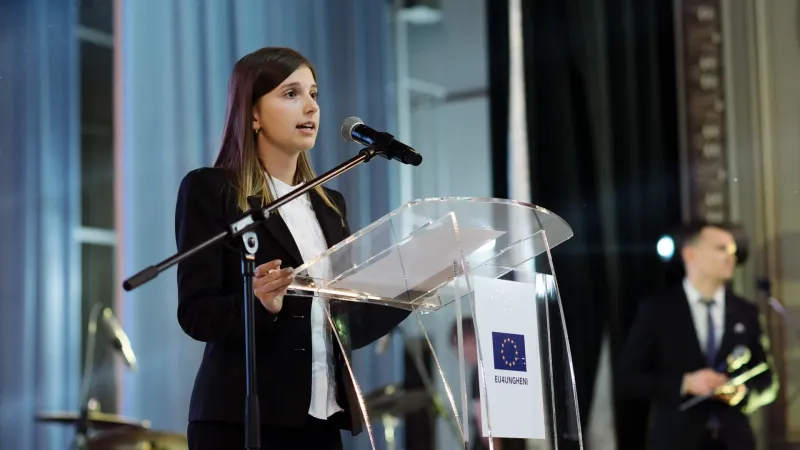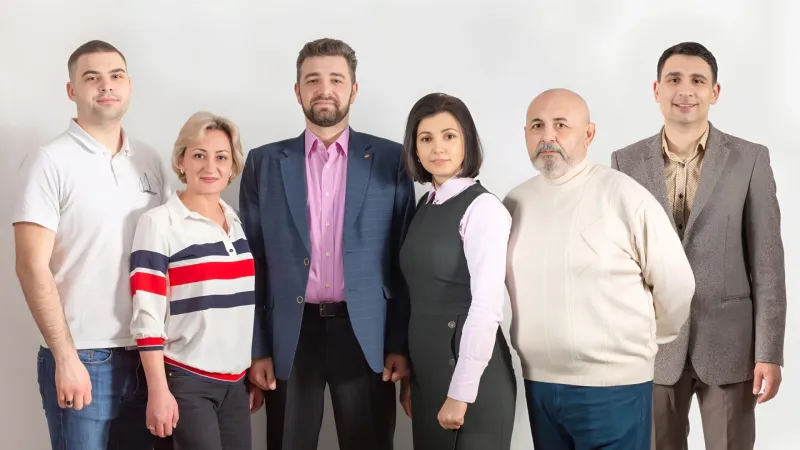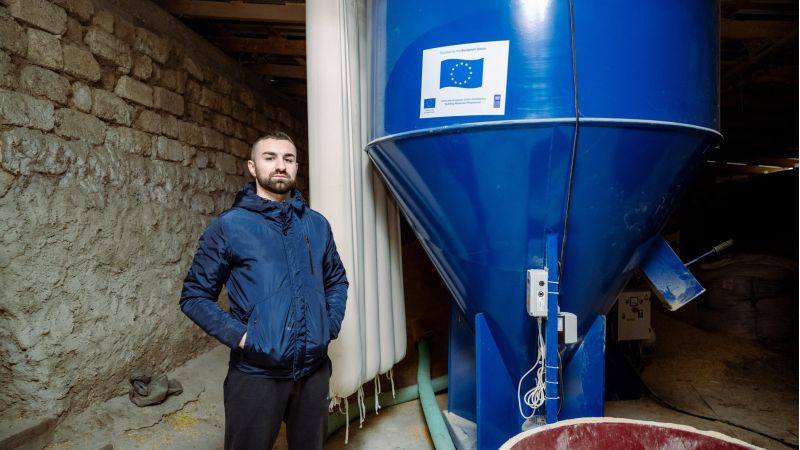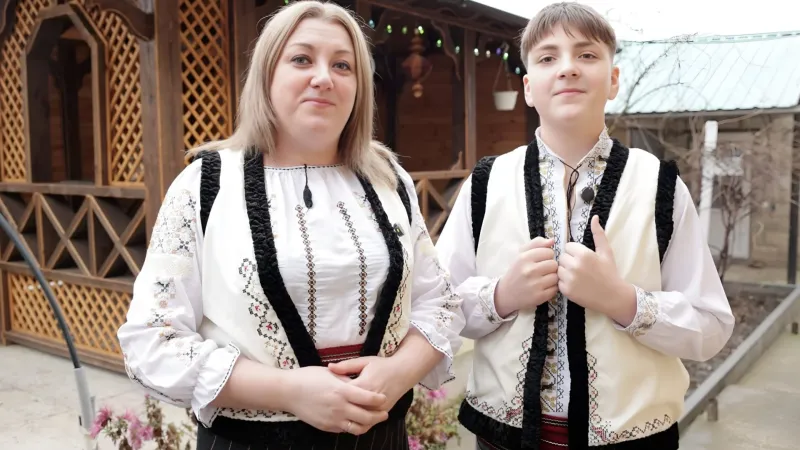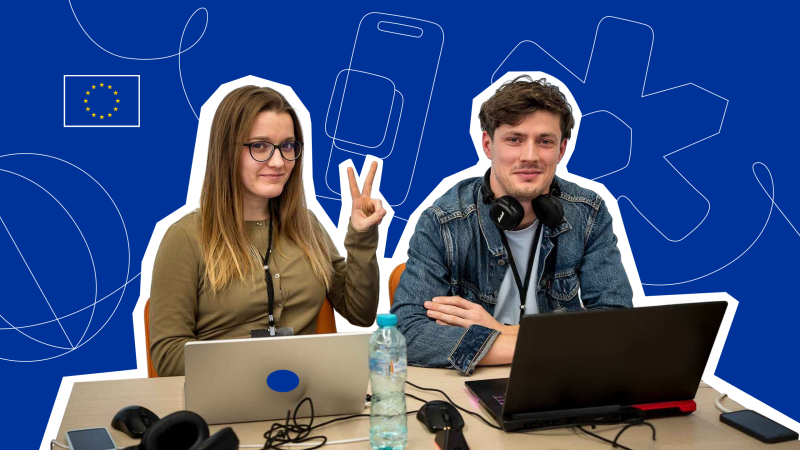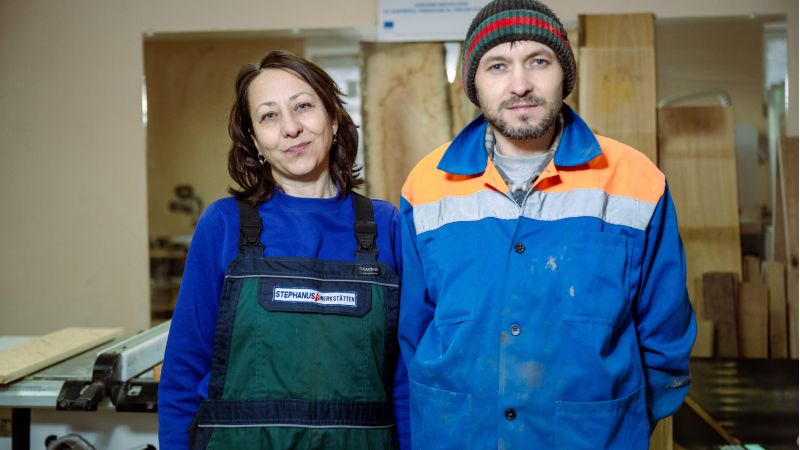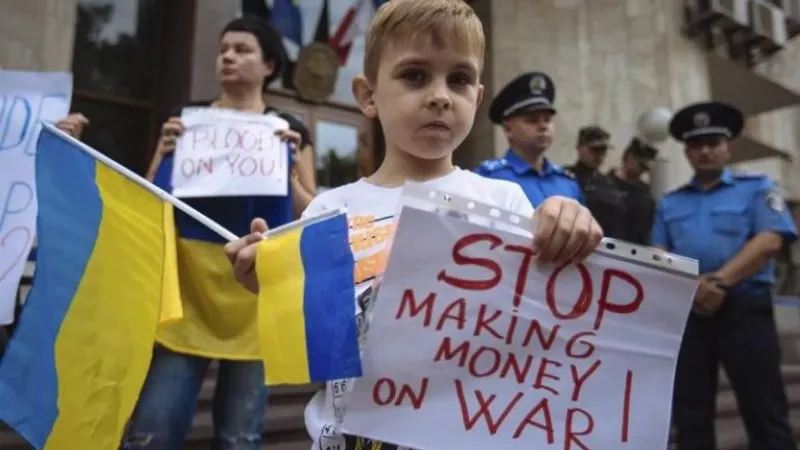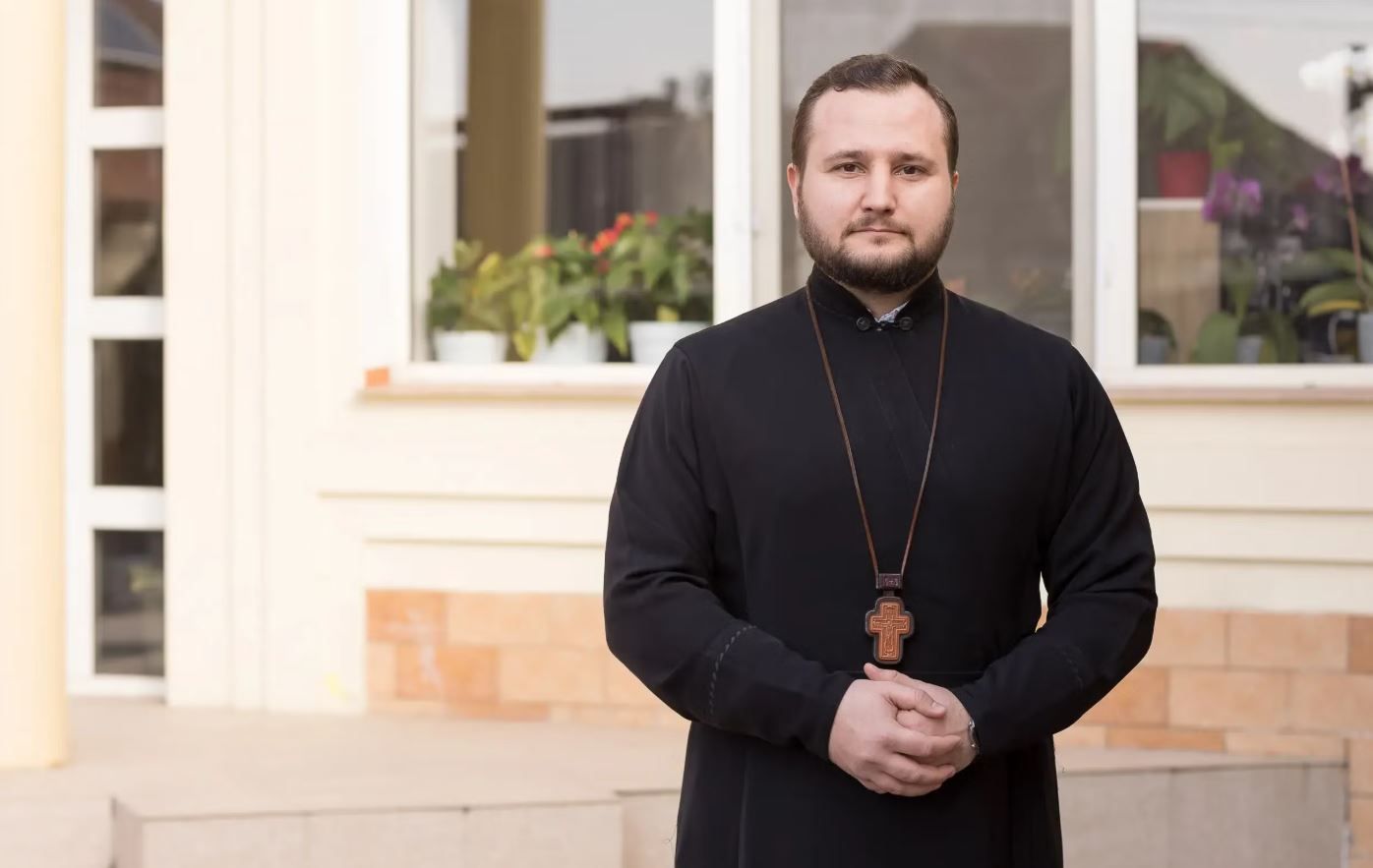
Father Radu Storoja on the Role of the Church in Preventing Domestic Violence
In the heart of Chișinău, at the Saint Hierarch Nicholas Orthodox Church, Father Radu Storoja embraces not only his role as a servant of the Church but also as a spiritual support for women and girls experiencing abuse. Father Radu believes in the Church’s potential to help prevent and combat domestic violence — through words, example, and community work among those in needs.
“People need someone to be there for them spiritually. Each of us seeks comfort, understanding, and support. Unfortunately, violence remains a reality of the 21st century, including in our society,” says Father Storoja. He is deeply aware of the harmful impact of stereotypes and toxic patterns passed down through generations, which often sustain inequality and perpetuate violence. That’s why he believes spiritual leaders have a vital responsibility: to be examples of respect and equality, helping communities grow in a spirit of fairness and dignity, where women and men enjoy the same rights and opportunities.
Father Radu Storoja is one of ten priests from the Metropolis of Bessarabia who participated in the “Domestic Violence and Combating Stereotypes in the Orthodox Light” training of trainers. The course was organized by the Social Mission “Diaconia” as part of the second phase of the “EU 4 Gender Equality: Together Against Gender Stereotypes and Gender-Based Violence” program, funded by the European Union and implemented jointly by UN Women and UNFPA.
The training equipped priests with the knowledge necessary to better understand domestic violence and how to address it, in alignment with Christian values. “It’s essential to understand that violence solves nothing. This course wouldn’t have been necessary if people lived in peace,” said Father Storoja. “The opportunity to learn from experts who know far more than we do in this field is invaluable. It helps us recognize signs of abuse more easily and intervene in cases of violence.” Following the training, priests began organizing activities in their communities to raise awareness and help prevent domestic violence. Discussions were held in 910 localities across various regions of the country, where participating priests and invited speakers talked about the Church’s role in preventing and combating domestic violence, and emphasized the importance of family relationships based on respect, dignity, and mutual support. After completing the course, the priests involved in the project held ten conferences in different regions, where they spoke about their organization’s role in addressing intra familial violence and the importance of fostering respectful and supportive relationships.
Active within the Social Mission “Diaconia,” Father Storoja has met many women and girls who have experienced various forms of violence. “I’ve met young mothers who went through traumatic experiences but found support at our center. In addition to shelter, financial aid, and counseling, they also receive spiritual support.” This support is offered in a way that respects each woman’s autonomy and choices.
An important point raised in the discussion is the need for early education and awareness. As an educator himself, Father Storoja highlights the importance of engaging with younger generations about what violence is and how it can be prevented: “Violence can never be justified or tolerated. We must speak openly with young people about rights, responsibilities, and healthy relationships.” The priest acknowledges that one of the greatest challenges is changing deeply rooted perceptions: “Stereotypes fuel uncertainty and justify harmful behaviors. It takes time, but above all, personal example and empathy to overcome them.”
“The freedom God has given us is a blessing, but also a responsibility. We must choose to do good—for ourselves and for those around us. Where there is violence, there can be no love. And where there is love, violence has no place.”
The priest training activities and community-level discussions are carried out by the Social Mission “Diaconia” as part of the project “Love for One Another: Empowering Religious Communities to Prevent Domestic Violence in Rural Areas,” under the “EU 4 Gender Equality: Together Against Gender Stereotypes and Gender-Based Violence” program (Phase II), funded by the European Union and implemented by UN Women and UNFPA.
UN Women Moldova recognizes and supports the constructive role religious leaders can play in supporting survivors of violence and promoting a more equitable society. This includes collaboration with other professionals in the field.
